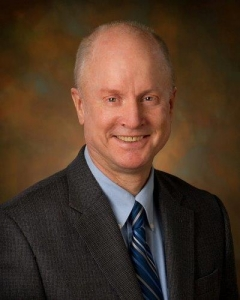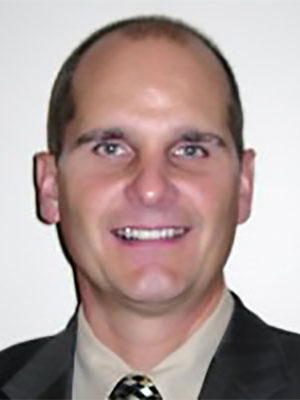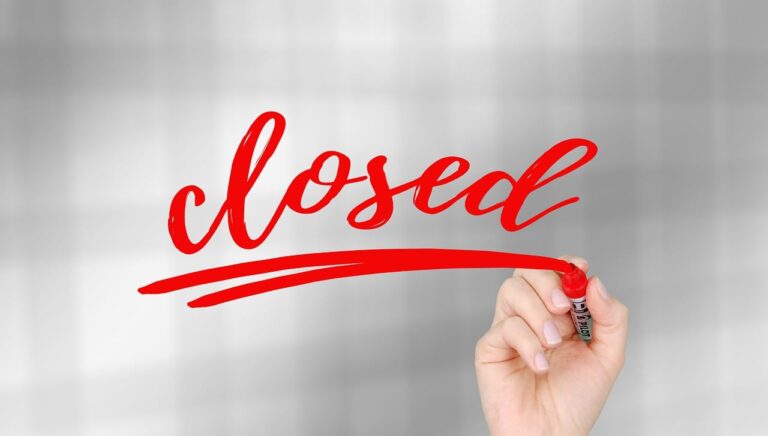Know Your Legal Rights is a bi-monthly column distributed by the State Bar of Wisconsin. It is sponsored by the State Bar of Wisconsin’s Lawyer Referral Service (LRS), which connects Wisconsin residents with lawyers throughout the state. To find an attorney in your area, visit wislaw.org.

By Jon Fischer and Ben Adams, McCarty Law LLP
Brad never saw it coming. At 61, he suffered a sudden heart attack, leaving his family reeling. Complications led to a severe brain injury, and in an instant, the man they knew was gone—unable to speak for himself, unable to make decisions about his care.
His wife assumed she could step in, that she had the legal right to make medical choices on his behalf. She was wrong. In Wisconsin, “next of kin” have no automatic authority to make health care decisions. That includes spouses, parents, and adult children. Without a Power of Attorney for Health Care (POAHC), families can be forced into costly legal battles just to gain control over a loved one’s medical care.
Brad’s case was no exception. With no POAHC in place, his medical decisions fell into legal limbo, tied up in bureaucratic red tape. Instead of focusing on his recovery, his family was thrust into a legal process they never anticipated–one that could have been avoided with a simple document.

The Legal and Emotional Toll
Since Brad never completed a POAHC, his family was shocked to learn they would need to petition the court for guardianship to obtain legal authority over his medical care. This process was costly, time-consuming, and emotionally exhausting–all while they were coping with his declining health.
In his altered state, Brad was not the ideal hospital patient. Frequently wandering, Brad escaped the hospital on a bitterly cold night. Because the hospital needed court action before discharging Brad to a rehabilitation facility, the family was constantly bombarded with questions on the status of the court process, which was scheduled weeks away.
Meanwhile, the hospital faced its own legal limitations. Without a designated health care agent, Brad’s discharge to a rehabilitation facility required court approval. Delays created chaotic and conflicting directives from hospital staff:
- One day, they insisted Brad could only be discharged to a long-term care facility.
- Later, they said his insurance had stopped paying, so he had to go home.
- When the family sought help from the county, the hospital threatened to tell the guardianship courtthat the family was neglecting/abandoning Brad.
- When the family showed up to finally take him home, as unsafe as that was going to be, the hospital also withdrew their previous promise to help provide nursing care for him at home.
All of this could have been avoided with a completed Power of Attorney for Health Care document.
A Simple Solution
This heartbreaking situation could have been avoided with one simple step: Brad could have named a healthcare agent in advance by completing a POAHC document. After he became incapacitated, this document would have given his wife, or whomever he trusted, the legal authority to make medical decisions on his behalf, ensuring his wishes were honored without the need for court intervention.
Instead, they faced ongoing court oversight for decisions about his medical care and finances.
Don’t Let This Happen to You
No one expects a sudden medical crisis, but being prepared can save your family from unnecessary legal battles and emotional distress. Every Wisconsin adult 18 and older should have a Power of Attorney for Health Care as part of their estate plan.
Being informed and proactive ensures that you–and not the courts–control your medical decisions. National Healthcare Decisions Day (NHDD), held annually on April 16, raises awareness about Advance Care Planning and the importance of Advance Directives like the POAHC. NHDD is organized by The Conversation Project, a program of the Institute for Healthcare Improvement, and aims to inspire, educate, and empower individuals and healthcare providers to plan for the future.
Free Resource: Plan Ahead for Peace of Mind
The State Bar of Wisconsin is offering free downloads of A Gift to Your Family: Planning Ahead for Future Health Needs in Wisconsin. The downloads are available April 9-25. Visit wisbar.org/healthcare for your complimentary copy.
Take the time to complete your POAHC—and encourage your loved ones to do the same. A few simple steps today can prevent a world of legal and emotional hardship tomorrow.
Jon Fischer of McCarty Law LLP in Appleton specializes in elder law, estate planning, wills and trusts, probate law and estate settlement. He serves as secretary for the State Bar of Wisconsin Elder Law and Special Needs Section.
Ben Adams is retired from active law practice with McCarty Law LLP and spent more than 30 years practicing with Adams & Woodrow, S.C. in Neenah. He specialized in elder law, special needs planning, guardianships, nursing home and long-term care issues, advance health care decision making and estate planning.



